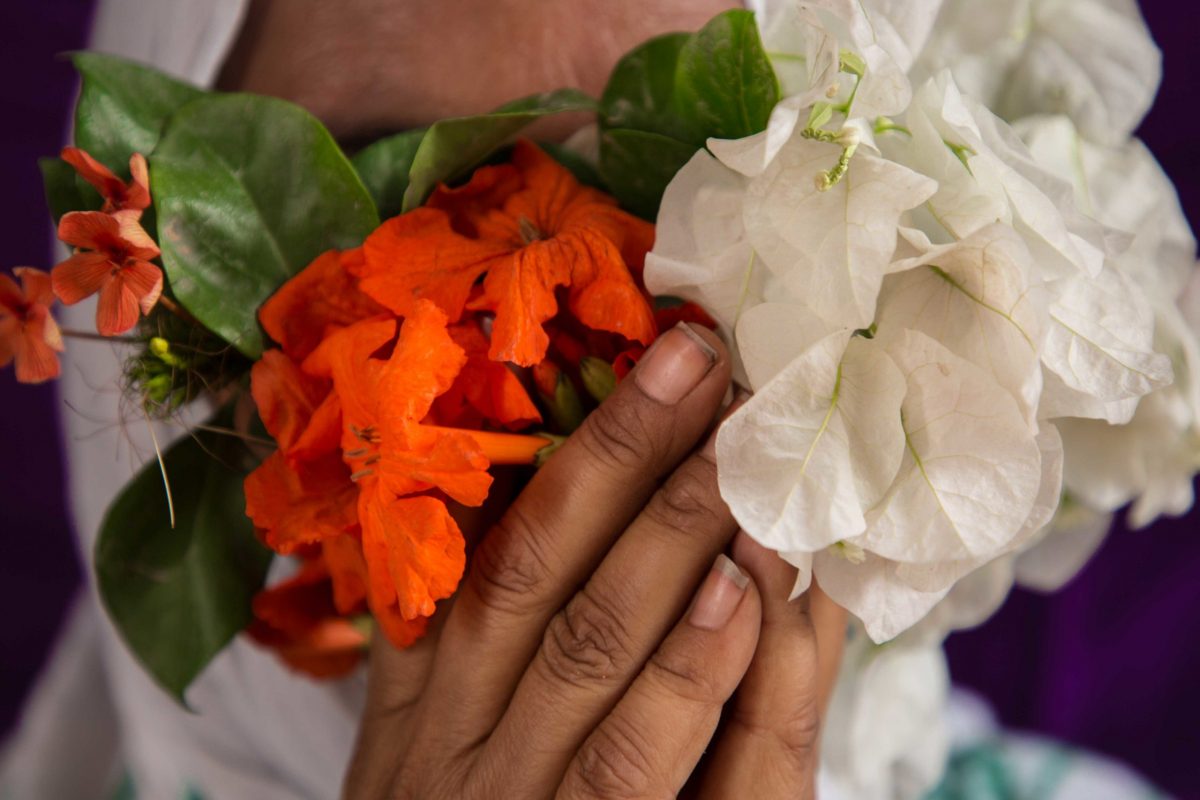Bishop Calls on Youth to Fight Human Trafficking in the Philippines

Bishop Ruperto Santos asked for youth to be actively involved in the fight against human trafficking in the Philippines during a Mass held in Manila on 8 February.
On 8 February, International Day of Prayer and Awareness Against Human Trafficking, Bishop Ruperto Santos released a statement calling upon young people to mobilize as allies in the battle against human trafficking. He also encouraged parishes and Church organizations to continue providing homes for victims and survivors.
Bishop Santos is the Chairman of the Catholic Bishops Conference of the Philippines’ (CBCP) Commission for the Pastoral Care of Migrants and itinerant people and a member of the Governing Committee of the International Catholic Migration Commission (ICMC). The statement was also signed by the Association of Major Religious Superiors in the Philippines.
Bishop Santos’ call to action recognizes the increasing vulnerability of children and families to human trafficking due to the growing number of cases of abuse of the Filipino labor migration system.
Human trafficking is “exploitation to the highest degree because it destroys the lives of the vulnerable ― people who have very few options,” said Bishop Santos.
Migration and human trafficking often go hand in hand. According to the latest numbers released by the government, 10 million Filipinos, or roughly 10% of the country’s population, work and live abroad. This makes the country one of the largest sources of migrant workers.
Although the government has developed programs to protect overseas Filipino workers, the immense surge in their numbers in the past years has led to growing manipulation of the country’s labor migration system by human traffickers.
Recruitment agencies for work abroad often serve as fronts for sex and slave trafficking. While travel documents may be processed through the Philippines’ legal labor emigration system, migrants are deceived regarding the nature and conditions of their work in the destination country. Once abroad, they are trafficked and forced to work in exploitative situations.
According to the United Nations, women aged between 18 and 27 are by far the group most at risk of human trafficking. An estimated 784,000 Filipinos are victims of modern-day slavery.
To help its national member organizations in Asia respond to the challenges related to human mobility, ICMC established an Asia Working Group in 2008 and later expanded it to include Church-related organizations from Oceania.
The group, chaired by Bishop Santos, links ICMC members in countries of departure, transit and labor. Its goal is to develop greater responsiveness to migration issues, including human trafficking.